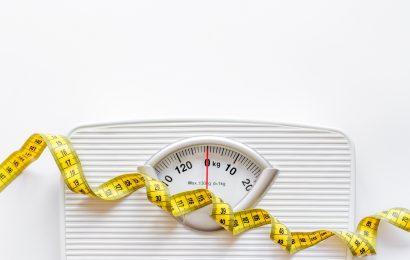Just in time for Thanksgiving, researchers have discovered that eating fast can result in eating too much due to the effect on hunger-regulating hormones.
The hormones peptide YY (PYY) and glucagon-like peptide-1 (GLP-1) signal the brain when the stomach is full. To determine whether levels of these hormones are affected by the speed at which food is consumed, scientists at Laiko General Hospital in Athens, Greece, recruited 17 healthy adult men to eat 675 calories worth of ice cream in two different sessions. In the first session, the men were instructed to eat the ice cream in 5 minutes, and in the second, they were instructed to eat the ice cream in 30 minutes.
The participants assessed their hunger and fullness via questionnaire and had their blood levels of ghrelin (a hormone that increases appetite), PYY, and GLP-1 measured at the beginning of each session and at 30-minute intervals for the next 210 minutes.
The scientists found that the levels of both PYY and GLP-1 were higher after the 30-minute meal, indicating increased feelings of fullness, and that the trend for ghrelin levels was lower after the longer meal. And on the questionnaire, more participants noted that they felt full immediately after the 30-minute meal than after the 5-minute meal.
According to the researchers, “Our study provides a possible explanation for the relationship between speed eating and overeating by showing that the rate at which someone eats may impact the release of gut hormones that signal the brain to stop eating… The warning we were given as children that ‘wolfing down your food will make you fat’ may, in fact, have a physiological explanation.”
To learn more, see the article “Eating Too Fast Causes Overeating” or see the study’s abstract in the Journal of Clinical Endocrinology and Metabolism.




